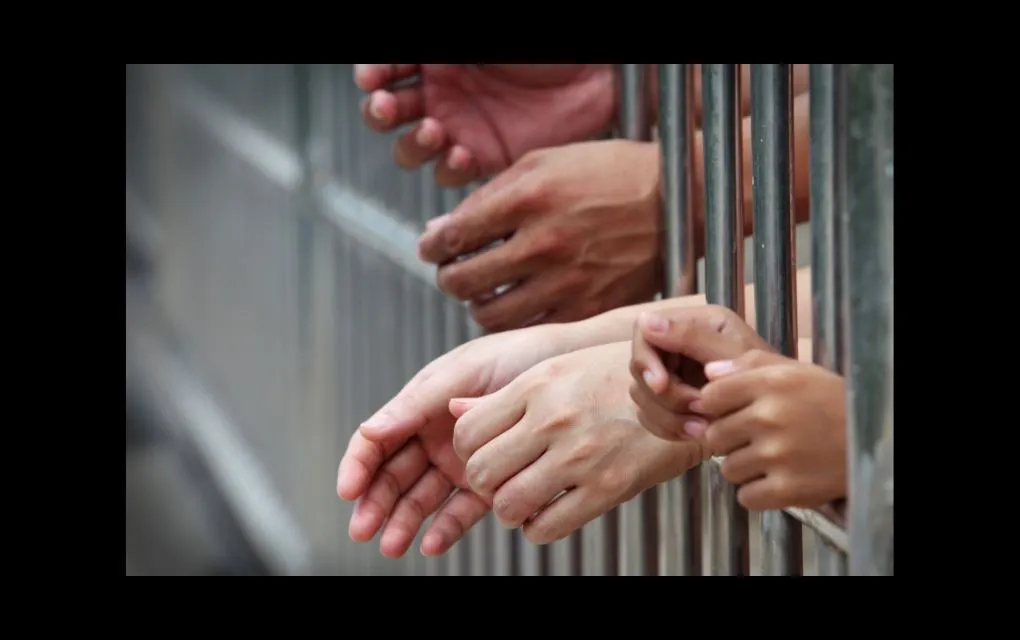Kentucky counties are caught in a cycle of trying to cover the costs of incarceration by locking up more people and building bigger jails, and a new report showed the problem has stymied efforts for criminal justice reform.
Ashley Spalding, research director at the Kentucky Center for Economic Policy, explained local jails in some counties receive up to 86% of their jail revenue by jailing individuals for the Kentucky Department of Corrections.
"And so, what ends up happening then is that county jails, they benefit financially from holding people for the state," Spalding emphasized.
Kentucky, along with Louisiana, incarcerates the largest share of people serving felony sentences in county jails. The report calls on lawmakers to develop a plan to completely phase out the use of local jails for people in state custody, in partnership with local governments and the Department of Corrections.
The report highlighted how local governments save money by organizing incarcerated people into work crews. Jails also charge the people housed there a range of fees for booking, food, and even e-cigarettes.
Spalding pointed out their commissaries made more than $1.3 million for Kentucky jails in 2018.
"And so in order for us to move forward with the necessary criminal justice reforms that would reduce incarceration in Kentucky, we have to address this broken financial system," Spalding asserted.
The report noted decriminalizing drug possession and implementing policies to release more people before their trials could help address the problem.
The pandemic also has spurred some action in Kentucky. Last April, Gov. Andy Beshear commuted 186 sentences of people with felony convictions. Later, he added 646 people with medical vulnerabilities or less than six months left to serve for nonviolent and nonsexual crimes.
--30--
Written by Nadia Ramlagan, and posted from the Kentucky News Connection.







